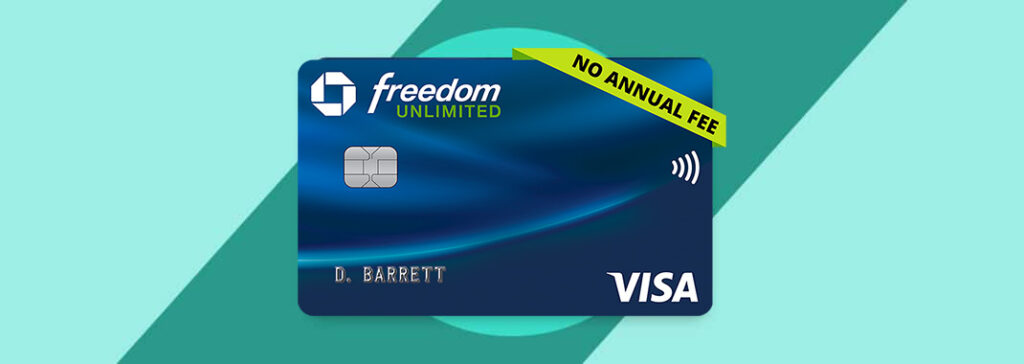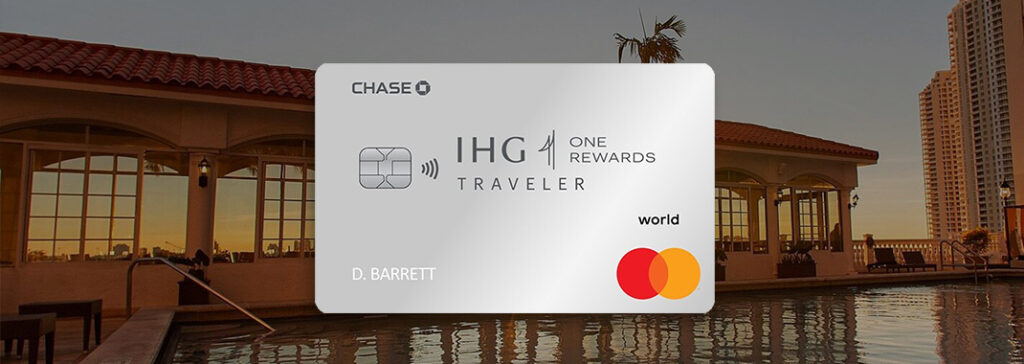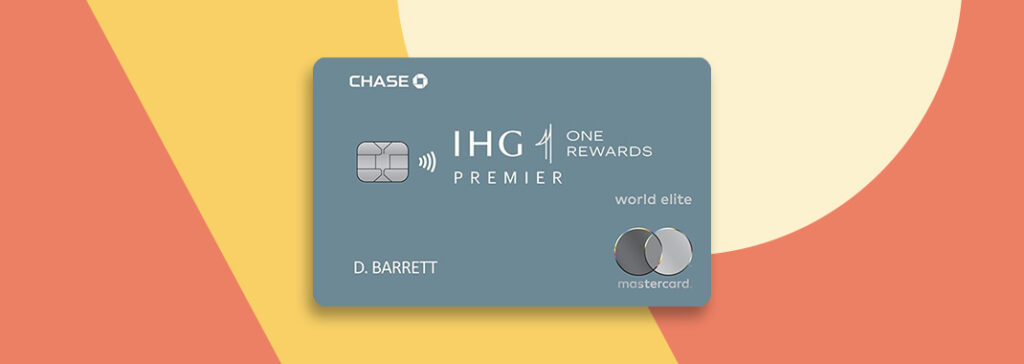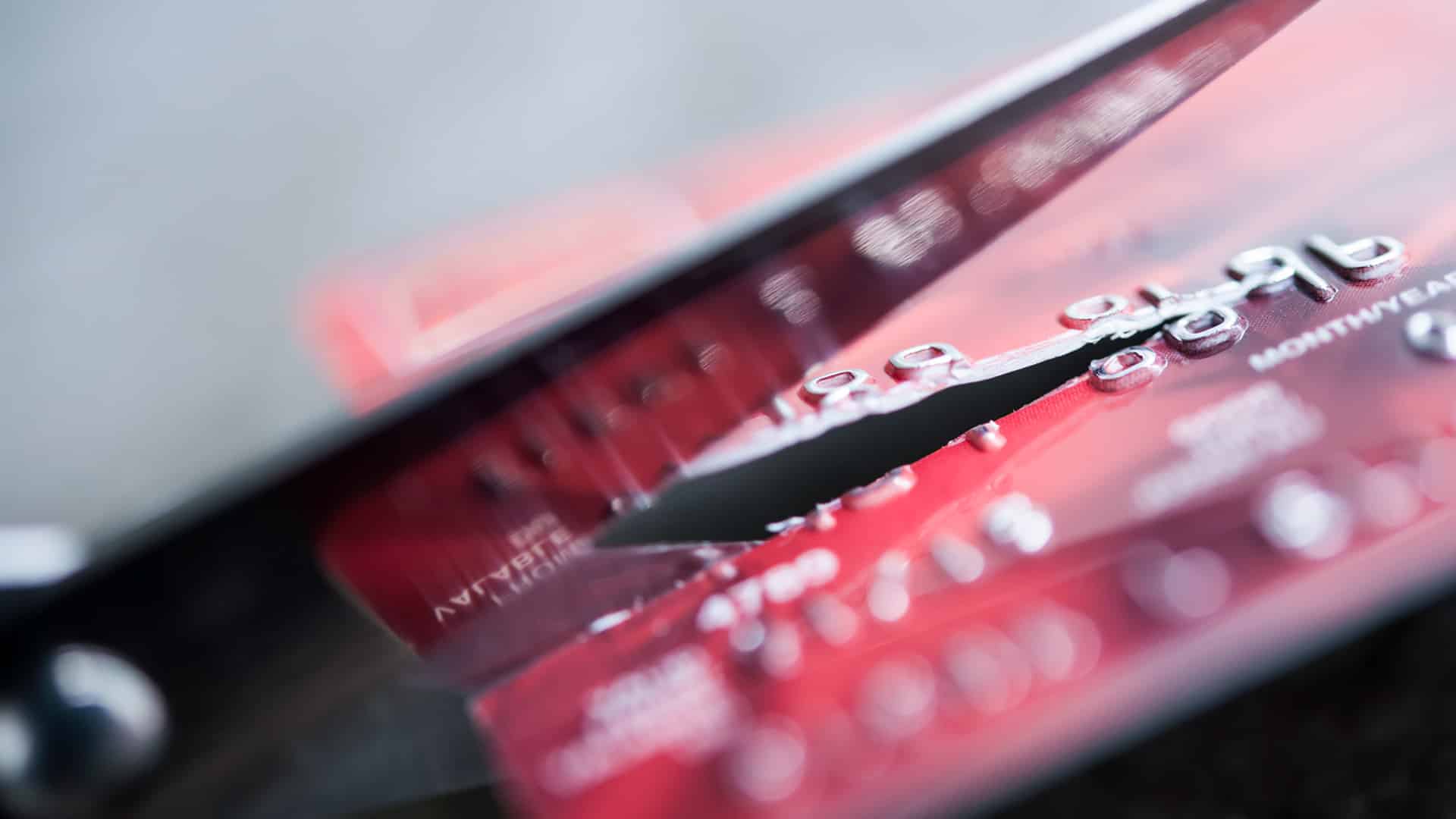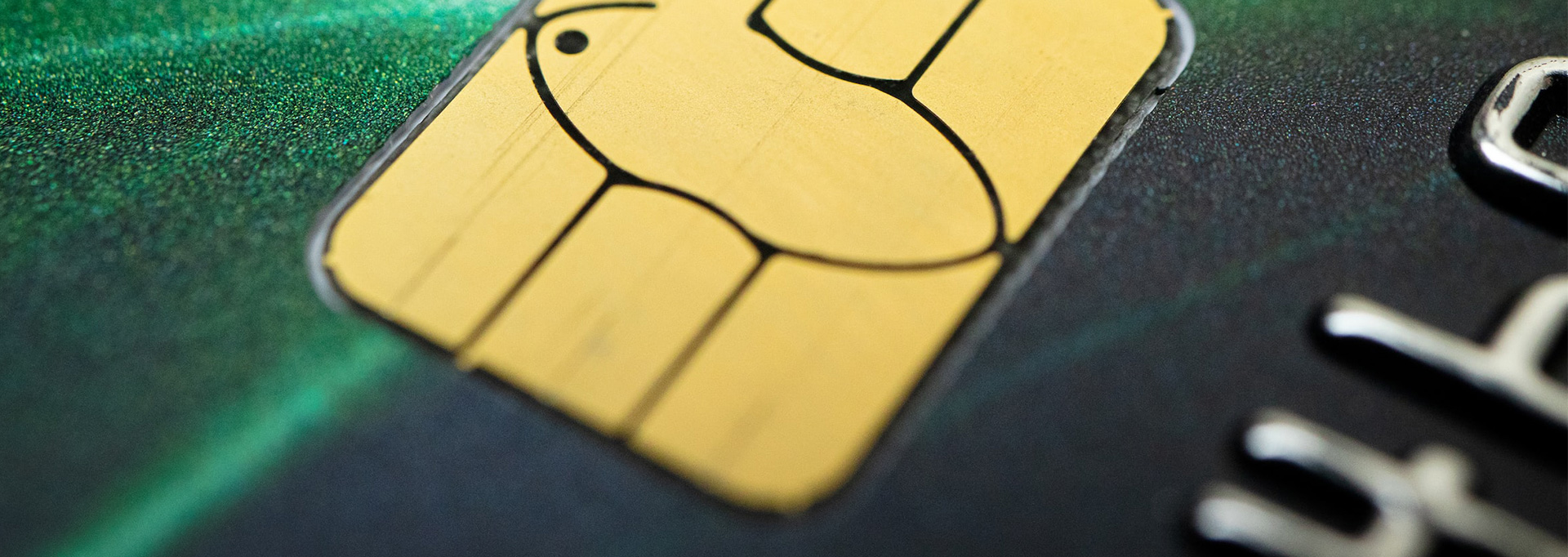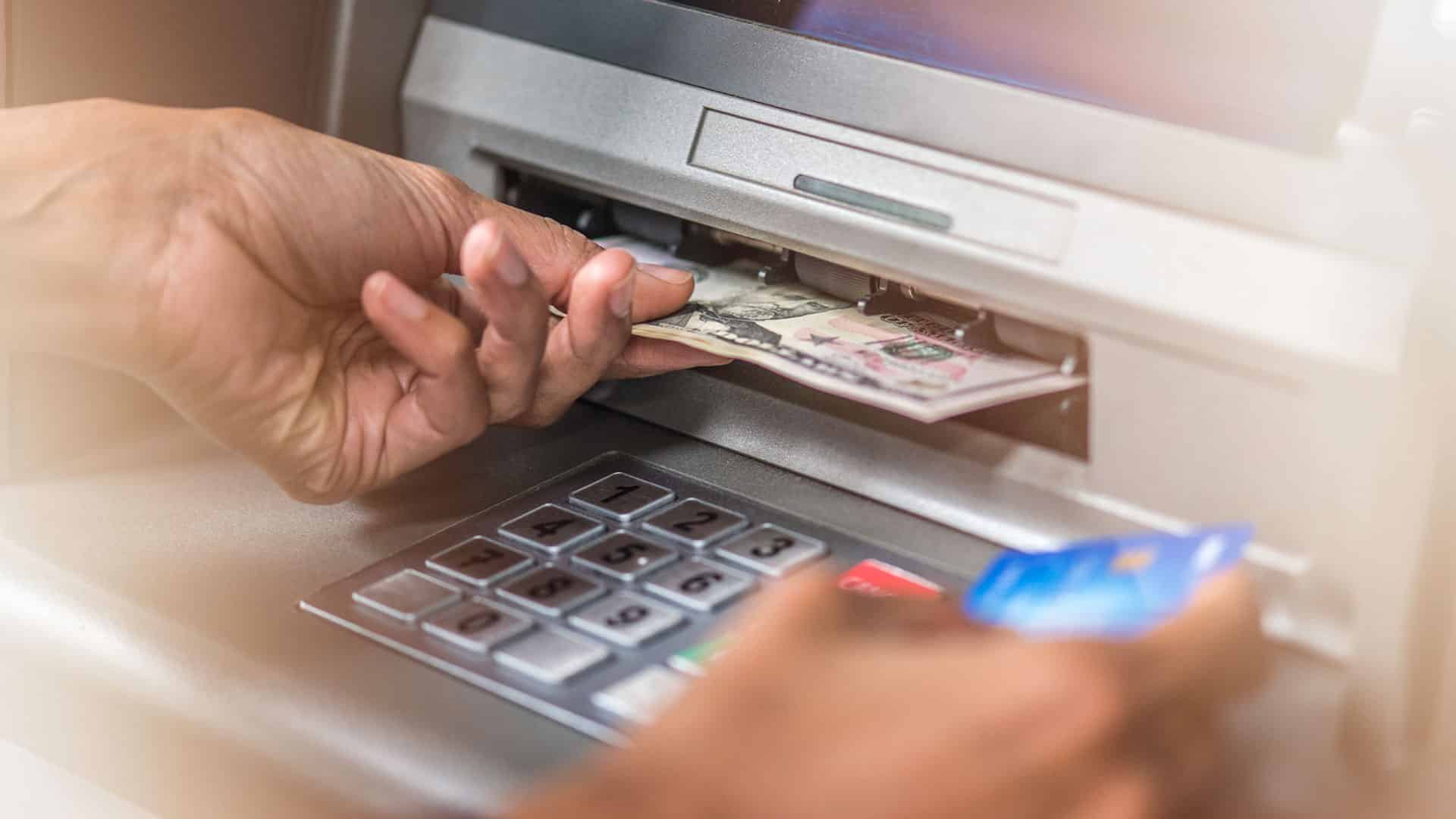Most products on this page are from partners who may compensate us. This may influence which products we write about and where and how they appear on the page. However, opinions expressed here are the author's alone, not those of any bank, credit card issuer, airline or hotel chain.
As your banking needs change, you may want to move your money to another bank that aligns with you better. Closing a bank account can be a simple process, as long as you follow the right steps. Below, we break down what you need to know before closing a bank account, and how to do it in an effective manner that covers your bases.
Banking 101 How to Close a Bank Account
Steps can vary depending on the bank, but here are the general steps to follow.
-
1
Open a New Bank Account
Start the process by opening a new bank account at another financial institution. Determine your banking needs and shop around to find a financial institution that offers what you're looking for. Consider factors like interest rates, bank fees, account offerings, banking features and customer service. Once you've set up your new account, you have a new place to put your money going forward.
-
2
Transfer Recurring Payments to Your New Account
Move any automatic payments and direct deposits to your new account. Your employer can help you move your direct deposit paychecks, and you can adjust autopay settings to point to your new account.
Make a list of monthly recurring payments too—things like mortgage payments, medical bills, utilities, insurance premiums, auto loan payments, loan and credit card payments, streaming services, memberships, and subscription payments. The last thing you want is to miss a payment (and maybe get hit with an overdraft fee) because you forgot to route a bill to your new account. -
3
Transfer Your Balance
Account for every outstanding transaction before moving your balance to your new bank account. Stop using your old debit card or checkbook for purchases.
Often, it's best to give yourself enough time to switch over to your new bank to allow for any lingering transactions to settle. Moving over your balance to your new bank too early could result in overdraft fees for your old account. Once every transaction clears, go ahead and transfer the remaining balance to your new account. If your old bank account carries a minimum balance requirement, factor that into the timing of moving money from the account. Moving your money over too early could result in paying a monthly maintenance fee. -
4
Contact Your Bank to Close Your Account
Some banks offer let you close an account online, but you may need to call your bank's customer service or visit your local branch to complete the closing process.
Depending on your bank, they may ask you to complete an account closure request form in writing by mail or email, in some cases. Check with your bank for the complete requirements and process for closing your account.
During the closure process, your bank might check the account to verify any outstanding transactions or issues have been resolved. The bank will approve your request and close the account if there are no pending issues. If you haven't moved all of your balance yet, you can do so at this time.
Joint accounts may require both account owners to make the account or sign documents. With custodial accounts, some banks automatically convert a child's savings account into an adult account once they turn 18. Check with your bank on special procedures for your account type.
Common Reasons for Closing a Bank Account

Whether you simply don't need the account anymore or want to switch banking institutions, there can be a variety of reasons to close an account.
Common reasons for closing a bank account include:
- To take advantage of bank bonuses for new accounts
- Higher interest rates at other banks
- Needing a more convenient location for in-person banking
- Switching from a local bank to an online bank
- Poor customer service
- Poor banking experience
- Avoiding higher banking fees
- Access to modern banking features
- Opening a joint bank account
You don't need to give your bank a reason for closing an account. You can decide to close your account at any time based on your needs.
If you're worried about any negative impacts on your credit score, you should know that there is unlikely to be any adverse effects on your credit as long as you've accounted for any pending transactions.
Tips for Closing Your Bank Account Smoothly

Here are some tips to follow as you close your account.
Get Confirmation the Account Is Closed
Always confirm your account is closed before you move on to a new bank. Don't assume your old bank took care of business just because you completed an account closure request. Ask your bank for written confirmation of account closure.
Document Everything
Another way to protect yourself is to document all of your interactions with bank staff. While the process shouldn't be complicated, there's always a chance you run into issues. Keeping good records of your interactions and who you spoke to or corresponded with could help you later. Write down names, dates, and times whenever you talk to bank personnel. Save all emails and other written communication or documents received from your bank.
Check for Early Closure Fees
Some banks may charge an early bank closure fee if you've had your account for less than a specified period of time, which can range between 90 to 180 days. If you have recently opened the account, time your closure so that you are not hit with this early account closure fee.
Take Advantage of Bank Bonuses
Banks often run promotions to attract new customers. Bank bonuses are a risk-free way to earn some extra cash. Typically, to earn a bank bonus, you need to open a new bank account and then complete a specific number of transactions to earn the bonus. Transactions could include setting up direct deposits or a particular number of deposits. Usually, you need to keep the account open long enough to meet requirements and receive the bonus payout.
 Related Article
Related Article
Best Bank Account Bonus Promotions in March 2025
Consider an Online Bank
Online banks provide modern banking features and services. Also, because they don't carry the same kind of overhead costs as a traditional bank (physical branch locations or staffing, for example), they often pass savings on to customers through higher interest rates, lower fees, and bank promotions. The best online banks typically offer the most competitive rates and no monthly fees.
Destroy Your Old Bank Account Cards and Checks
After you close your account, destroy any leftover items from your old account, including your debit card and checkbooks. You likely will no longer need them. Make sure to destroy them properly so your information can't be stolen.
FAQs
-
Not typically. Bank accounts aren't part of your credit report, so they can't affect your credit. Only credit accounts can affect your credit.
Banks rely on ChexSystems, a banking reporting agency, for information regarding banking customers. Closing a bank account will show up on your ChexSystems report but won't have an adverse effect on your credit. If you have had problems with bank accounts in the past, though, it could affect your ability to open a new account at another bank.
-
If your old bank account is overdrawn, you will need to get your account balance to at least zero before your bank processes a closure request. Contact your bank to see what you need to do to get your account out of the red.
-
Many banks allow you to close your account online, especially if you have no outstanding transactions or balance to worry about. Check to see if your bank offers this service. If not, you may need to contact your bank's customer service department or local branch to make a closure request.
-
Depending on your bank, closing an account could be as easy as a simple phone call to its customer service line. Like most phone requests, you'll need to confirm your identity when calling to make any changes to your account. Check to see if your bank allows you to close your account over the phone.
-
There is usually no charge to close a bank account though some may charge an early account closure fee if you've opened the account very recently. The typical costs you could see are if you have an overdrawn account or outstanding bank fees to pay. If that's the case, you'll need to take care of these lingering matters before your bank will close the account.
-
Closing a bank account can take anywhere from a day to a few months, depending on if you have pending matters to resolve before the account can be closed.
The key is making sure that every transaction is accounted for so there are no surprises upon closure. If you've already done the work of transferring over payments and your account balance, the process shouldn't take very long to finish.
